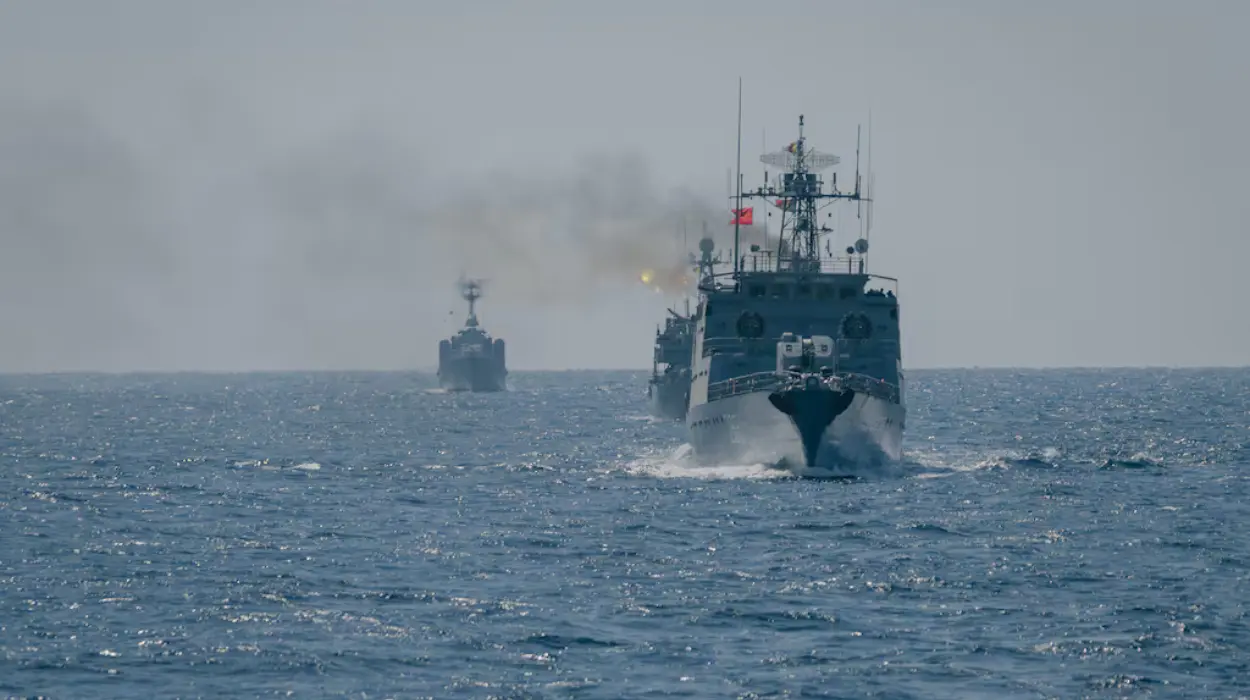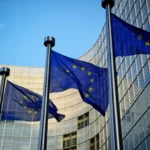The European Union has unveiled a sweeping new strategy aimed at securing a stable, prosperous, and resilient Black Sea region, with a strong focus on supporting post-war Ukraine and countering ongoing Russian aggression. Announced on May 28, 2025, the strategy outlines a multi-dimensional approach combining enhanced security measures, infrastructure development, environmental protection, and deeper political cooperation with Black Sea neighbors.
Strategic Importance of the Black Sea Region
The Black Sea region is geopolitically vital, connecting Europe with the South Caucasus, Central Asia, and beyond. It is home to 174 million people and includes two EU member states—Romania and Bulgaria—and four EU candidate countries: Turkey, Ukraine, Moldova, and Georgia. The region also borders Russia and hosts key maritime routes essential for trade, energy, and food security.
Russia’s ongoing war of aggression against Ukraine has dramatically heightened the region’s security challenges, including repeated airspace violations, attacks on ports and shipping lanes, and threats to critical infrastructure. The EU’s new strategy aims to address these challenges while fostering long-term stability and prosperity.
Pillars of the EU Black Sea Strategy
The EU’s approach is structured around three main pillars:
1. Enhancing Security, Stability, and Resilience
- Black Sea Maritime Security Hub: The cornerstone of the security pillar is the creation of a Black Sea Maritime Security Hub, envisioned as Europe’s early-warning and monitoring center. This hub will provide real-time situational awareness from space to seabed, monitor critical maritime infrastructure such as submarine cables, offshore energy installations, and wind farms, and issue early warnings on potential threats and malicious activities.
- Mine Clearance and Maritime Safety: The strategy prioritizes mine clearance efforts and the protection of commercial shipping routes, crucial for maintaining safe navigation amid ongoing conflict risks.
- Countering Hybrid Threats: The EU plans to tackle hybrid warfare tactics, including cyberattacks and disinformation campaigns, by investing in artificial intelligence, media literacy, and fact-checking networks to safeguard the information environment.
- Monitoring Peace Efforts: The Maritime Security Hub could also support monitoring any future ceasefire or peace agreement between Russia and Ukraine, enhancing transparency and trust.
2. Fostering Sustainable Growth and Connectivity
- Connectivity Agenda: The EU intends to develop transport, energy, and digital networks aligned with the Trans-European Networks to transform the Black Sea into a vital corridor linking Europe with Central Asia via the South Caucasus. This includes upgrading ports, roads, railways, and airports to facilitate faster movement of goods and military equipment, thereby boosting economic competitiveness and NATO deterrence.
- Team Europe Spirit: Investments will be mobilized in coordination with EU institutions, member states, and European financial institutions, leveraging the Global Gateway Strategy to maximize impact.
3. Promoting Environmental Protection and Climate Resilience
- The strategy addresses the region’s vulnerability to natural and human-made disasters, climate change, and environmental degradation. It emphasizes preparedness, climate adaptation, and civil protection to safeguard ecosystems and coastal communities.
Political and Geopolitical Dimensions
The EU’s strategy strengthens cooperation with Ukraine, Moldova, Georgia, Turkey, Armenia, and Azerbaijan—countries that are either EU candidates or partners seeking closer alignment. The approach aims to accelerate reforms, reinforce the rule of law, and gradually integrate these partners into the EU Single Market and Common Foreign and Security Policy frameworks.
Turkey’s role is particularly significant as a NATO member and regional power. While Ankara balances its NATO commitments with a cautious stance toward Moscow, the EU views Turkey as a vital partner for maritime security, mine clearance, and potentially facilitating safe passage in case of a ceasefire.
EU High Representative Kaja Kallas highlighted the strategic importance of the Black Sea for European security, trade, and energy resilience, noting that the region’s potential is marred by Russia’s war and recurrent security incidents.
Reactions and Statements
- Ursula von der Leyen, EU Commission President:
“An active role of the European Union is crucial in advancing security and peace in the Black Sea region, especially with Russia’s war of aggression against Ukraine. Together we can build a stronger and more prosperous future for all.” - Kaja Kallas, EU High Representative:
“Security in the Black Sea is vital also to European security. The region’s potential is marred by Russia’s war, with recurring airspace violations and attacks on ports and shipping lanes. The Maritime Security Hub will enhance situational awareness and protect critical infrastructure.” - Marta Kos, EU Commissioner for Enlargement:
“The Black Sea is a vital artery for energy and food trade, but weaponized dependencies pose geopolitical challenges. Our strategy aims to bring tangible benefits through mutually beneficial partnerships.”
Challenges and Next Steps
The strategy does not yet include a dedicated financial envelope but will rely on existing EU policies and instruments, including the forthcoming 2028–2032 EU budget and defense spending programs like the €150 billion SAFE initiative. The European Commission and High Representative propose convening a dedicated EU ministerial meeting with Black Sea partners to advance cooperation and implementation.
While the strategy represents a significant step, some analysts note it is a “strategic approach” rather than a full-fledged strategy, which may limit its ambition and impact. Nonetheless, it signals the EU’s intent to assert itself as a key regional actor and support Ukraine’s resilience and reconstruction when conditions permit.
The EU’s new Black Sea strategy marks a decisive effort to secure a region critical for European and global security, trade, and energy. By combining enhanced maritime security, infrastructure connectivity, environmental resilience, and political integration, the EU aims to counter Russian aggression, support post-war Ukraine, and foster a stable, prosperous Black Sea region for the future.









